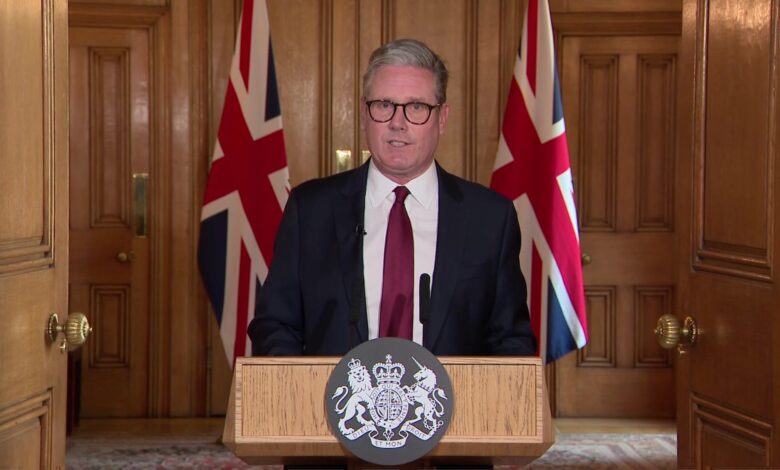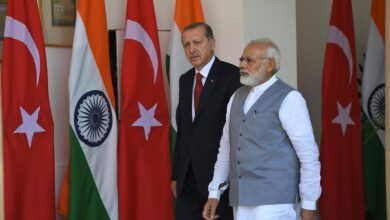UK Prime Minister Keir Starmer Condemns Riots and Far-Right Extremism in BBC Interview

Since beginning his term as UK prime minister, Keir Starmer recently spoke to the BBC, discussing increasing far-right threats and this summer’s riots. Further in the talk with BBC’s Laura Kuenssberg, Starmer addressed the violence that happened after the shooting of three kids in Southport, mentioning racism as a determinant factor. He was keen to stress that, of course, the UK is not a racist country; however, the government does need to consider the far right.
Starmer said of the riots across several regions that they were “totally illegitimate” and “unacceptable. ” The violence involved an attack on a hotel housing migrants in response to falsehoods that an immigrant caused the children’s deaths. Starmer also stressed that while people have certain opinions concerning that, for instance, immigration, violence and disorder cannot be allowed.
In response to the possible causes of the riots, Starmer referred to the far right-wing populism, explaining that the latter capitalized on existing precursors of societal discord. Speaking about the crowd, he said: “I think it was far-right. I think there was racism there [but it was different] in different parts of the country”. He spoke of the threat emanating from the Far Right, describing them as the ‘snake oil’ for the easy answer.
Starmer also reviewed the social matters contributing towards such conditions and referred to a ‘societal black hole’ that he had earlier highlighted. He said that although the riots are incomprehensible, they reveal social divisions. This has got no justification,” he said, “but a societal black hole was a breaking part of our society, which we need to fix. ”
According to Starmer, a more robust police force and early trial proceedings are necessary to avoid further disturbances in the future. He stressed the need to reconstruct society and its institutions and promote public trust as complex problems such as immigration, crime, and public services become increasingly significant in the country.
When presenting his government’s agenda, Starmer was certain that positive change was possible, especially in areas where the population was dissatisfied, such as the National Health Service (NHS). He continued to hope that through such actions, the rift exposed by the summer riots could be healed, and extremism, right-wing included, would not gain a firmer base in the United Kingdom.
Ultimately, Starmer’s message was clear: although Great Britain has many problems, it is a country of ‘gentle’ people who will probably manage to unite and transform the country, which needs it, into a better and more united society.



